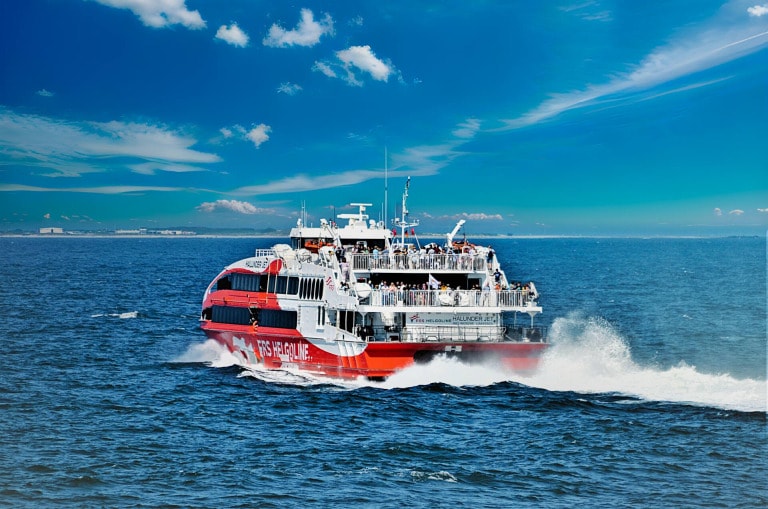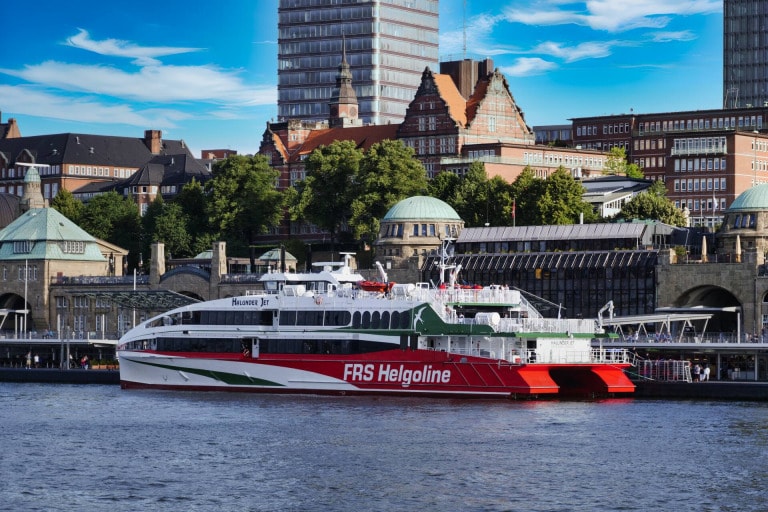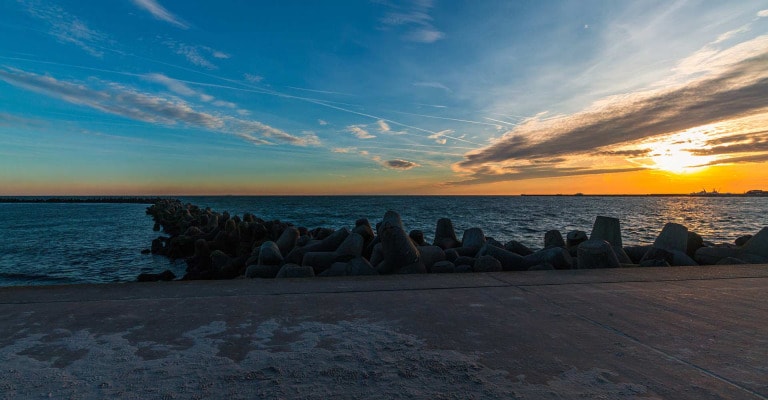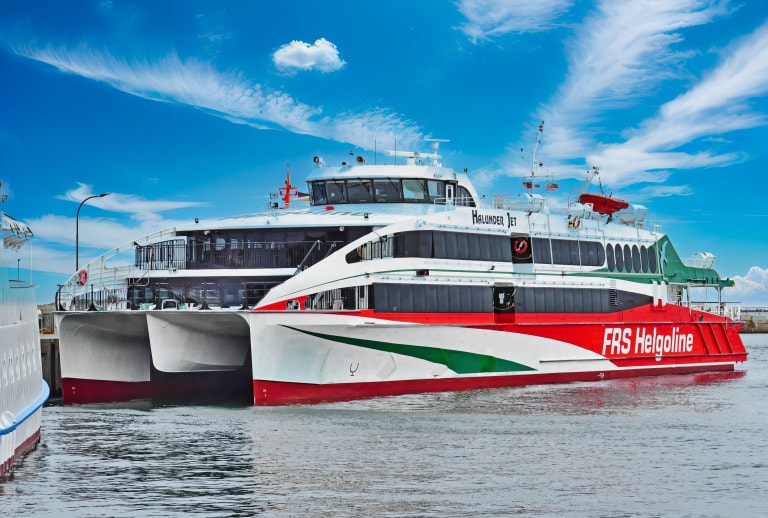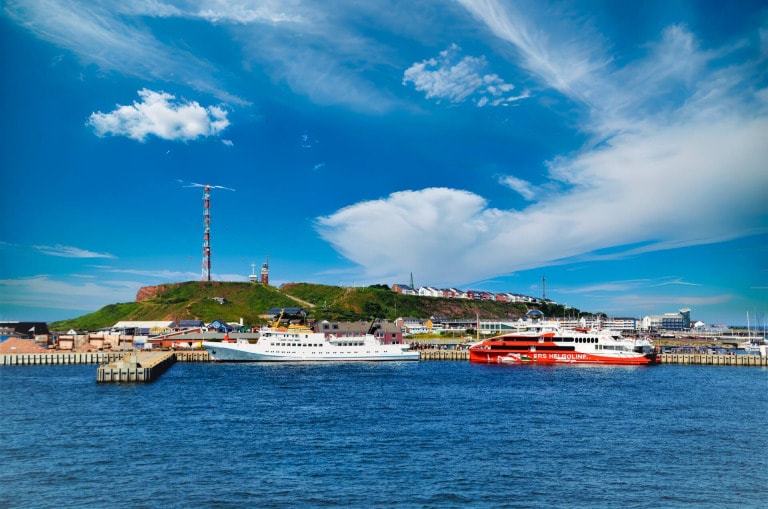An exchange of geological areas is no longer common in modern times, but such an exchange was common in the past. While England and Argentina fought each other by warlike means for the much famous Falkland-Islands in the Falklands War, the forefathers of both the German and British nations were considerably more civilized in their dealings with each other.
While the Germans appeared to have legal dominion over the island of Zanzibar, the United Kingdom of Great Britain had the same rights to Heligoland. Within the framework of the Heligoland-Sansibar Treaty, concluded on 01.07.1890 between the German Empire and the United Kingdom of Great Britain, the exchange took place between Heligoland and Zanzibar with regard to the legal dominion of both. Islands.
However, the term "exchange" is not the legally correct term in this context. While Heligoland was assigned to the British Empire, Zanzibar was considered a free sultanate at the time. Zanzibar was therefore not a German colony, but was transferred to the British administration. The name Heligoland-Zanzibar Treaty goes back to the German Chancellor Otto von Bismarck, who also forced the "swap" between the islands.
Internationally, the impression was created by the German Empire that the island of Zanzibar, which was regarded as extremely valuable in terms of its resources, was to be exchanged for an obviously worthless rock in the North Sea was exchanged. However, the "exchange" had strategic sense for the German Empire, since in this way the territorial claims in the north could be expanded. In view of the fact that the German Empire, however, had never possessed legal dominion over the island of Zanzibar, this treaty was a masterpiece of Bismarck.
For Great Britain, too, this exchange had its merits. While the British were aware that Bismarck wanted to strengthen German naval power, the strategic purpose of Helgoland for this endeavor was considered exceedingly low. The British side felt that the German Empire could have occupied Helgoland militarily, so an exchange was seen as a more elegant solution.


